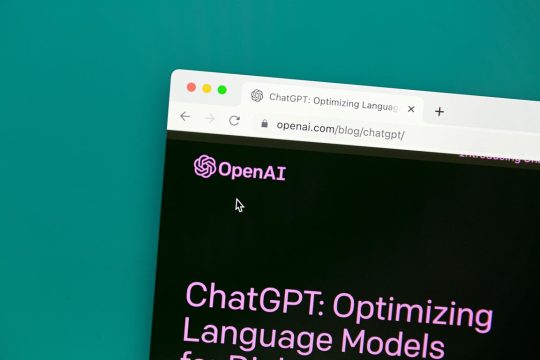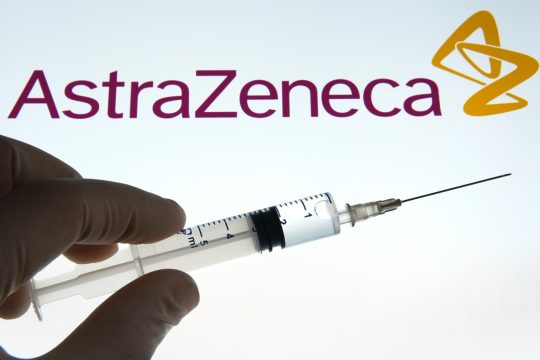Advertisment
ESC 2012 Report – New AMI-STEMI Guidelines stress pre-hospital intervention
by Bruce Sylvester – Revamped ESC guidelines for the management of acute myocardial infarction in patients presenting with ST-segment elevation (STEMI) include issues of diagnosis and treatment before, during, and after hospitalization.
Presenters from the ESC Task Force emphasized the following points in their presentation at ESC 2012.
Regional networks should be designed to deliver reperfusion therapy quickly and effectively. Well-trained ambulance teams should quickly identify patients with STEMI and give initial treatment, including fibrinolysis, as needed. PCI-capable centers should provide such care on a 24/7 basis, and within 60 minutes from the initial contact. If the initial STEMI diagnosis is unequivocal, patients should, if possible, go directly to the catheterisation laboratory in PCI-capable hospitals. If primary PCI is not possible within time limits, pre-hospital fibrinolysis should be considered, preferably with a fibrin-specific agent.
The Task Force set these specific quality-of-care targets:
– First medical contact (FMC) to ECG: 10 minutes
FMC to reperfusion.
– Primary PCI: 90 minutes (60 minutes if patient
presents within 2 hours of onset, with large area at
risk, or directly to PCI-capable hospital).
– Fibrinolysis : 30 minutes.
– Acceptable delay for primary PCI rather than
fibrinolysis: 120 minutes (90 minutes if patient
presents within 2 hours of onset, with large area at
risk).
If pain and ECG changes stutter, reperfusion therapy is indicated in all patients within 12 hours of symptom onset, and beyond the 12 hour window. Clinicians may consider reperfusion therapy with primary PCI in stable patients presenting 12-24 hours after symptom onset. However, routine PCI of a totally occluded artery is not recommended beyond 24 hours after symptom onset in stable patients without signs of ischemia.
After successful fibrinolysis, stable patients should undergo coronary angiography within 3-24 hours after fibrinolysis initiation.
Stenting, with a drug-eluting stent in the absence of contraindications, is recommended for primary PCI. The intervention should be limited to the culprit vessel, except in cardiogenic shock and persistent ischemia. Clinicians should consider routine thrombus aspiration, but not use distal protection devices.
In primary PCI, preferably performed radially, recommended periprocedural antithrombotic medications include aspirin and either prasugrel (in clopidogrel-naïve patients over 75 years and without prior cerebrovascular events, and preferably >60 kg) or ticagrelor; otherwise, clopidogrel is recommended. Glycoprotein IIb/IIIa inhibitors can be used as bail-out therapy, also sparingly as adjunctive therapy or on an upstream basis. For anticoagulation, bivalirudin is recommended (with or without glycoprotein IIb/IIIa.). Enoxaparin is recommended as an alternative to unfractionated heparin.
For fibrinolysis, clopidogrel plus aspirin is recommended. Anticoagulation with enoxaparin is recommended; fondaparinux may be used with patients receiving streptokinase.
If plans for early rehabilitation and adequate follow-up are in place, early discharge (after approximately 72 hours) is possible for selected low-risk patients,
Dual antiplatelet therapy (DAPT) of aspirin and an ADP-receptor blocker (clopidogrel, prasugrel or ticagrelor) is recommended in patients with STEMI undergoing primary PCI (12 months), fibrinolysis (12 months, although the data available only pertain to one month of DAPT) and in those patients who have not undergone reperfusion therapy (for 1-12 months). A strict minimum of 1 month of DAPT is recommended for patients with a bare-metal stent and 6-months for patients who received a drug-eluting stent.
Link to Guidelines:





